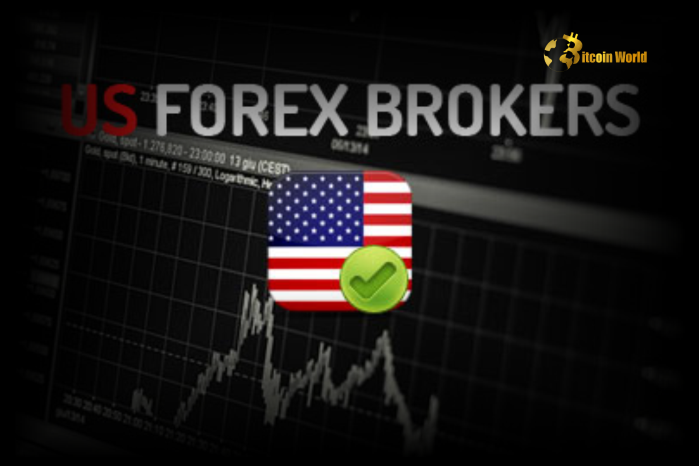How to Choose a Forex Broker in America
How to Choose a Forex Broker in America
Blog Article
The Role of the US Dollar in Forex Markets
Foreign exchange, or Forex trading, pulls an incredible number of members in the United Claims every year. Their sheer measurement and liquidity allow it to be one of the most desirable areas globally. But, forex in america. has a distinctive and strict way of regulating Forex activities. If you are seeking to business currencies or simply just want to know the way legal frameworks shape the Forex market, knowledge these regulations is crucial.

Key Appropriate Frameworks Shaping Forex in the US
Forex regulation in the United States is distinguishable due to its complete chance controls and customer protections. Two primary government figures oversee most Forex activities:
• Thing Futures Trading Commission (CFTC)
• National Futures Association (NFA)
The CFTC, made in 1974, is tasked with regulating the futures and options areas, foreign change included. The NFA, as a self-regulatory business, performs closely with the CFTC to enforce principles and maintain fairness in trading practices.
Enrollment and Submission
Every Forex supplier or broker using the services of U.S. people must register with both the CFTC and NFA. These entities are also required to adhere to rigorous operational requirements, including:
• Minimal internet capital needs (often more than in other countries)
• Constant audits
• Solid anti-money laundering (AML) procedures
• Translucent chance disclosure
Violations may cause hefty fines or a lasting bar from the market. This regulatory construction aims to avoid scam, defend investors, and enhance market integrity.
Significant Restrictions on Forex Activities
Foundational protections impact how Forex operates in the U.S.:
• Leverage restricts: The NFA units a optimum power of 50:1 for important currency pairs and 20:1 for minors. This is far lower than many world wide markets, supporting defend inexperienced traders from significant losses.
• Segregation of resources: U.S. law involves that client resources are kept separate from broker functional funds. This measure safeguards traders in case a broker becomes insolvent.
• Marketing and disclosure: Firms must clearly describe risks, costs, and trading mechanisms to clients. Deceptive or extreme solicitation practices face strict penalties.
Enforcement and Penalties
U.S. agencies regularly check for fraudulent systems, insider trading, and illicit industry manipulation. Statistical data from enforcement reports shows a consistent design of penalties and settlements lately, highlighting constant vigilance. That atmosphere, while stricter than most elements of the planet, produces a better playing area for retail and institutional traders alike.
What things to Contemplate as a US Forex Trader
Recent tendencies reveal an ongoing rise in regulatory activities, a focus on customer training, and continuous upgrades to conformity requirements. If you plan to trade Forex in the U.S., it's important to:
• Validate a broker's active registration position
• Keep up-to-date with regulatory improvements
• Evaluation risk disclosures before making trades
This method diminishes unforeseen failures and enhances your prospects in a tightly managed but strong marketplace. By knowledge legitimate regulations, U.S. traders may confidently be involved in the Forex industry while keeping within the parameters of the law.
Report this page